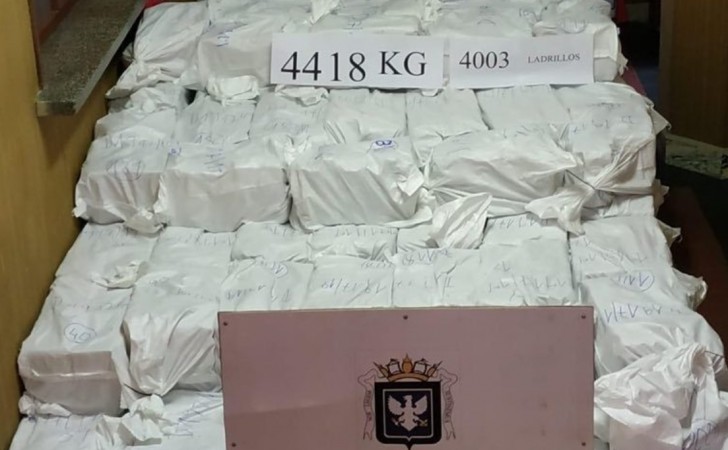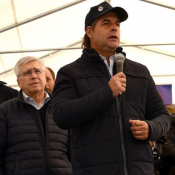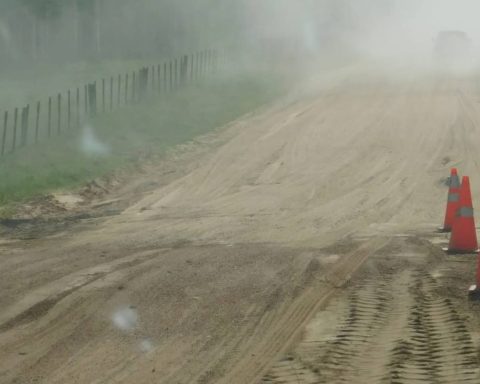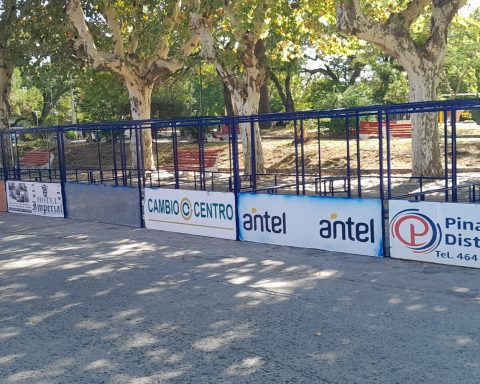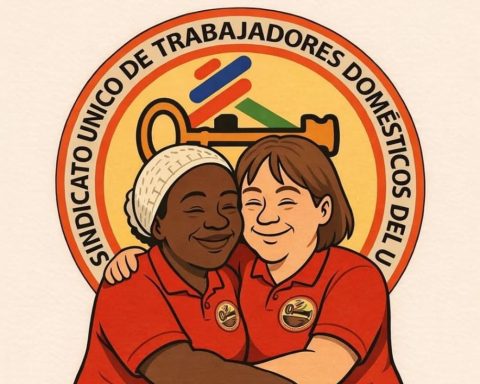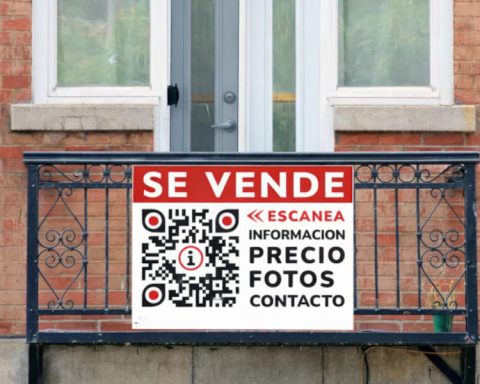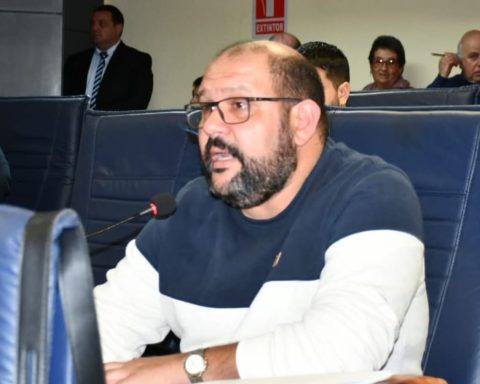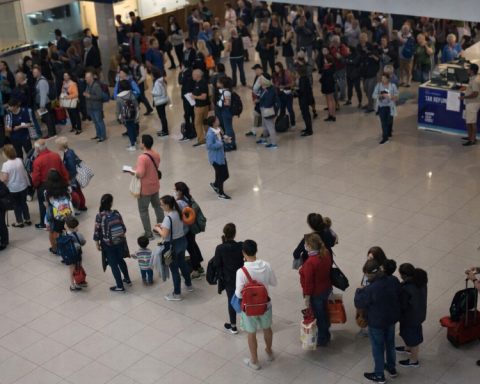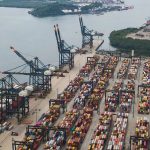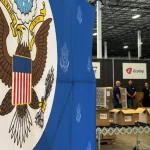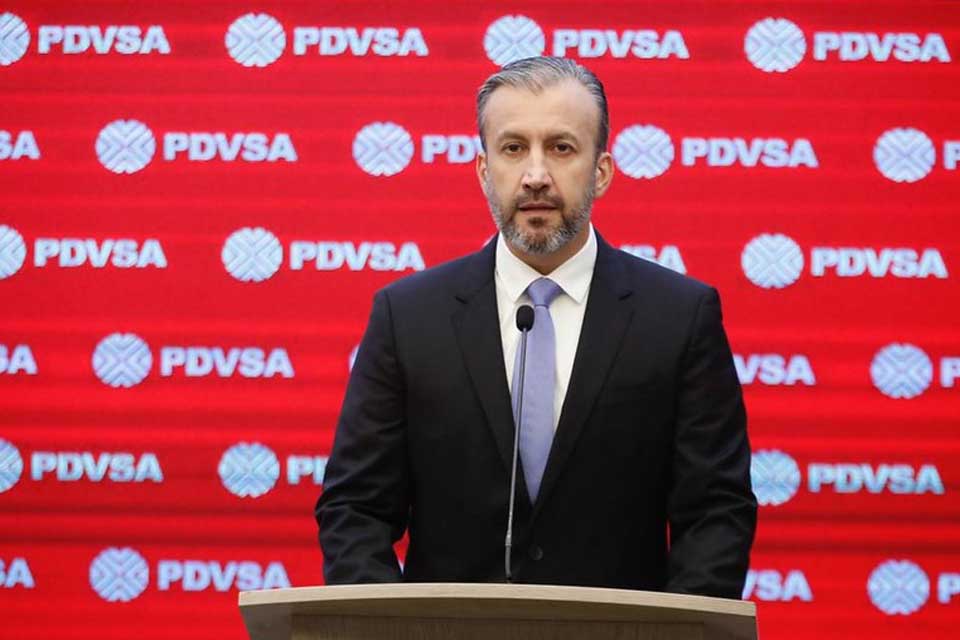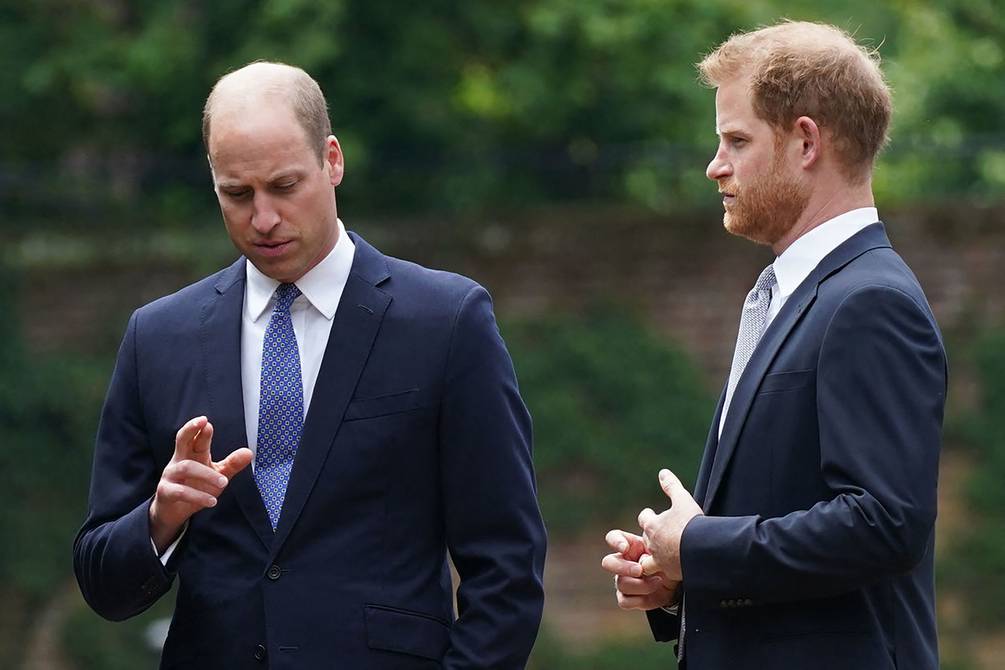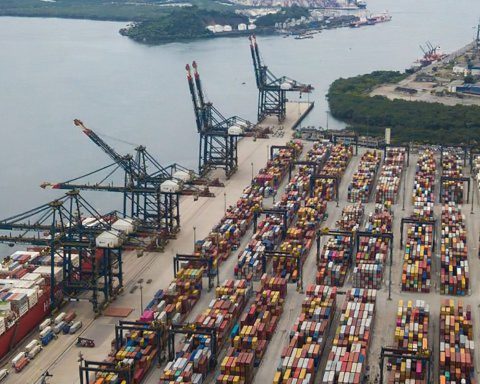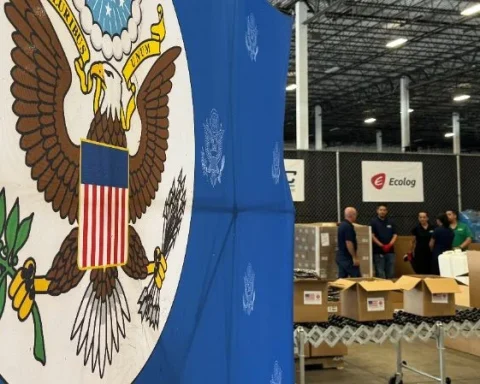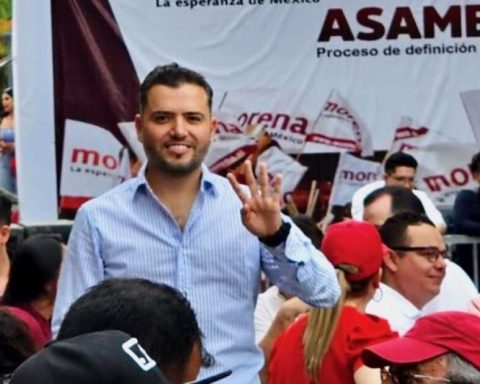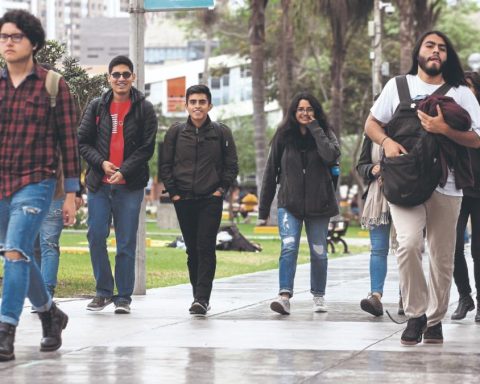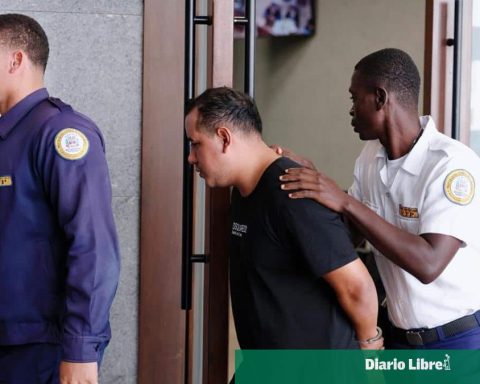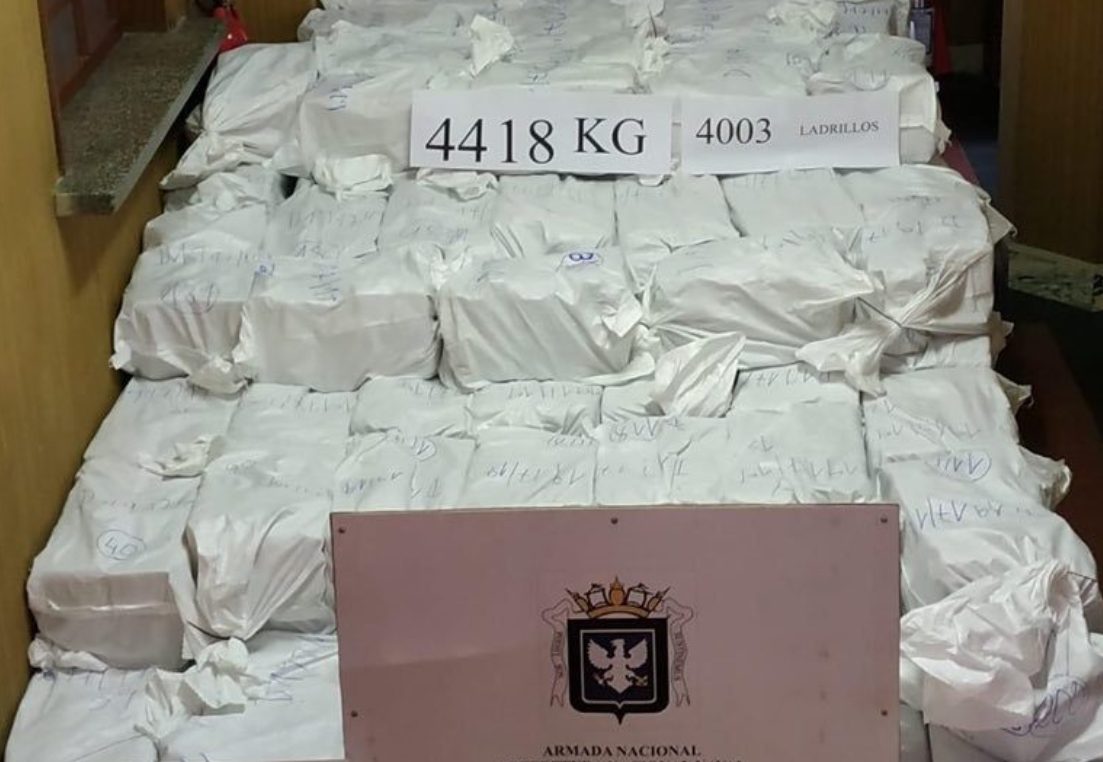
Yesterday, an article in the British newspaper Financial Times (FT), in which Uruguay is pointed out as a “new drug market”, making a parallel between what the author of the article, Michael Stott, understands is a new reality that contrasts with the concept of “the Switzerland of America ”.
It is read in said article that the heads of international drug cartels are looking for new routes and markets for their illicit businesses, so that Paraguay, Uruguay and Chile are now in the crosshairs of these criminal organizations.
It also includes what the United Nations Office on Drugs and Crime (UNODC) says: all the 21 continental countries of Latin America, except Guyana, Belize and El Salvador, are “main countries of origin or transit” of cocaine. This drug has never been so cheap and abundant as it has been in recent years, and traffickers are now creating new routes to Russia, China and other parts of Asia, precisely because it is priced at double or triple the price there.
Cross between Orsi and Bianchi
On Monday afternoon, the mayor of Canelones, Yamandú Orsi, shared a note from the newspaper The Observer who made a summary of the note of the Financial Times, and commented: “I would have liked not to read this note, I would have liked to read something about an increase in investment in science, in education, or about an increase in salary. But the reality is this. Financial Times points to Uruguay as a new drug market”.
Hours later, the legislator of the National Party, Graciela Bianchi, responded to this, who erroneously interpreted a sentence in the first paragraph: “Dear: Financial Times of Paraguay, with all due respect to the sister Republic. And it is NOT new. Have you forgotten the tons of drugs through the ports and airports of the FAPIT governments? And the capitals of Argentine corruption that entered through Puerto Camacho?” the senator tweeted.
In another tweet, Bianchi added: “It is very low to ‘do politics’ with the prestige of the country. Our republican system resists the onslaught of drug trafficking because the State and the government have NOT been able to be penetrated by it”.
Orsi shared Bianchi’s first tweet and clarified the misunderstanding in the interpretation: “’According to the Financial Times Paraguay, Uruguay and Chile…’ I read it that way, perhaps it will be written in Asunción, but I think it refers to three countries. Again, I didn’t like reading it. That’s all”.
“Dear: you are right in the observation you make to me. I did not open the article of
@ObservadorUY that you quoted and I was wrong. Apologies. What we should take into account is the extent to which correspondents from Ibero-America or for Ibero-America from agencies of central countries intervene”, replied Bianchi.
For her, the FT and other international media are “discrediting” the country and assured that “their countries are great consumers.” “The demand for drugs is what sustains and expands drug trafficking,” she said.
Other reactions
The Frente Amplio senator, Charles Carrera, shared the news on Twitter and commented that “when the Financial Times looks at the public insecurity of a country, it analyzes its international prestige. And the harsh consequences are felt economically and in terms of investments. Very discouraging news and a government that is not taking charge.”
Mario Bergara said: “To fight drug traffickers, cases like Marset’s cannot happen: We will request information from the government to clarify the gaps left by the questioning. We will work for a new political party financing law.”
